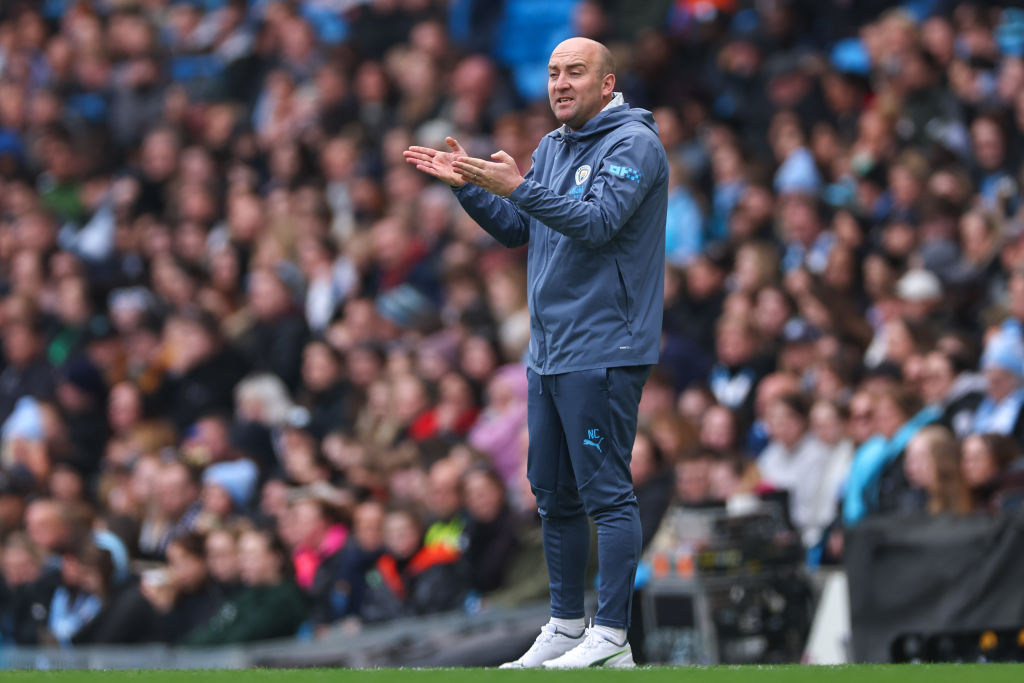Where are they now? Tottenham's 1999 Worthington Cup winners
Seb Stafford-Bloor looks back at Spurs' Worthington Cup victors over Leicester
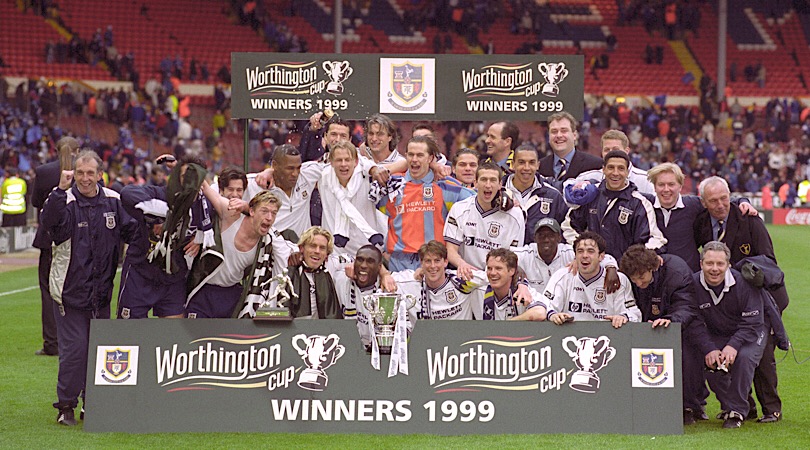
Ian Walker (goalkeeper)
Walker was the luckiest man in the whole of London that day, surviving two potentially fatal second-half mistakes. First, having spilled Rob Ullathorne’s shot into the six-yard box, he had to recover quickly and well to smother Tony Cottee’s effort on the rebound. Then, in the shadows of full-time, he allowed a hopeful ball from Robbie Savage to skip past him, this time with the narrow angle preventing Cotttee from scoring a bizarre winner.
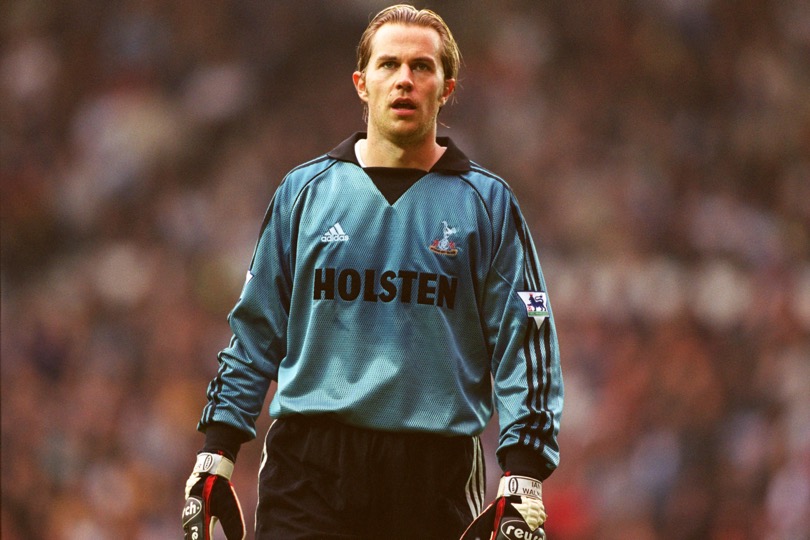
Neil Sullivan’s arrival in 2000 would ultimately end his time as the club’s No.1 and, having requested a transfer, he joined Leicester in 2001. Post-retirement, his forays into coaching have yielded only modest success: he became goalkeeping coaching at Shanghai Shenhua in 2013 under player-manager Nicolas Anelka (yes, that really happened) and, later, would move across the city to take up the same role at Shanghai East Asia. He left the club in late 2016.
Stephen Carr (full-back)
Although remembered now for that goal against Manchester United at White Hart Lane, Carr was arguably one of the best full-backs in the country around the turn of the century and also a product of the club’s youth system. It’s difficult to assess just how good he actually could have been: his career was sabotaged by injury in the years that followed this final and, in retrospect, the period between 1998 and 2001 was probably Carr's premature peak.
A rumoured, pre-injury flirtation with Arsenal soured his relationship with the club’s fans and his remarks about Sol Campbell’s transfer weren’t particularly helpful either. A 2004 move to Newcastle was a relative failure and, having been unable to sustain his fitness, he was released at the end of his contract in 2008 before announcing his retirement.
But he would mount a comeback. After a successful period training with Birmingham in 2009, he joined the Midlands club full-time and actually played for a further four seasons before retiring for good and heading to Spain, where he has a significant financial stake in a chain of Marbella bars and restaurants with David Bentley.
Get FourFourTwo Newsletter
The best features, fun and footballing quizzes, straight to your inbox every week.
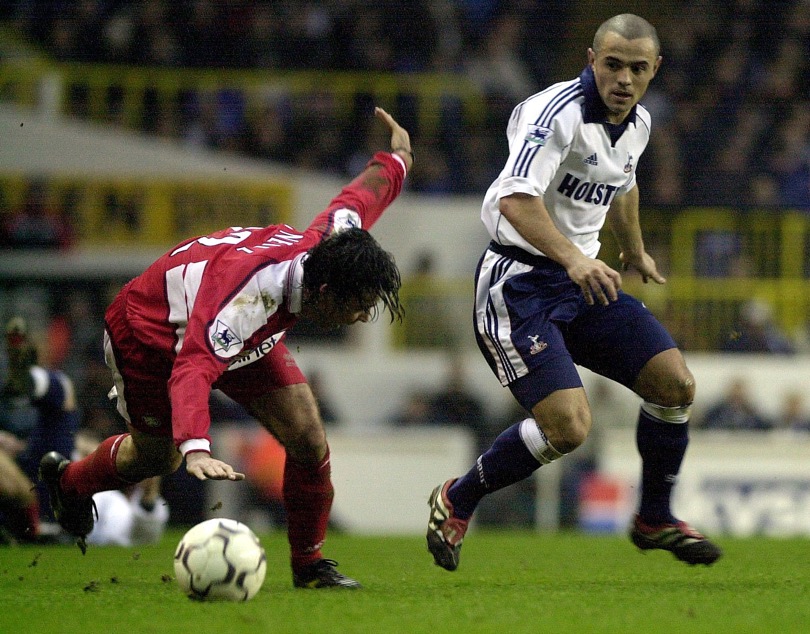
Sol Campbell (centre-back)
Ignoring the obvious for the moment, Campbell actually became the first black captain to lift a major trophy at Wembley in 1999 and, later in the season, was one of two Tottenham players voted to the PFA’s team of the year.
Two years later, though, Campbell gouged himself out of Spurs’ history by agreeing a lucrative free transfer to Arsenal. The animosity from the summer of 2001 lingers to this day; Campbell was neither welcome nor invited to the celebrations for the final game at White Hart Lane.
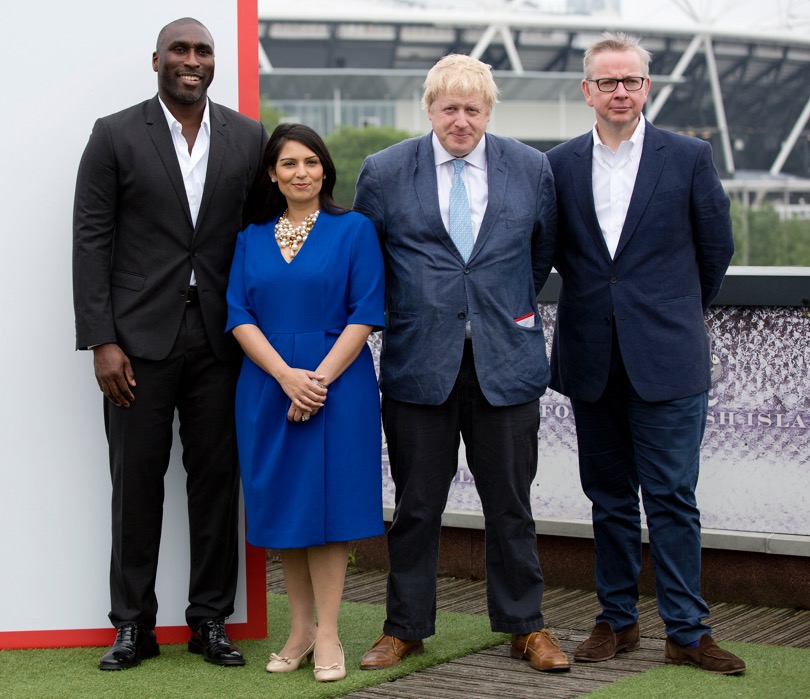
He won two Premier League titles at Arsenal and also played for Portsmouth (where he lifted the FA Cup), Newcastle, and Notts County before his retirement in 2011, after which he joined the Conservative Party, unsuccessfully stood for London Mayor and took up hunting. He's currently desperately trying to get a coaching job.
Ramon Vega (centre-back)
Over the last 20 years, Tottenham have been blessed with some outstanding centre-halves: Campbell and Ledley King, of course, through to Michael Dawson (sort of) and, in the present day, Jan Vertonghen and Toby Alderweireld.
Vega doesn’t belong in that company – his Spurs career was pockmared by some unslightly errors, but he was actually excellent in this game - his first-half block on Emile Heskey and general nullification of the dynamic Leicester forward was a particular highlight.
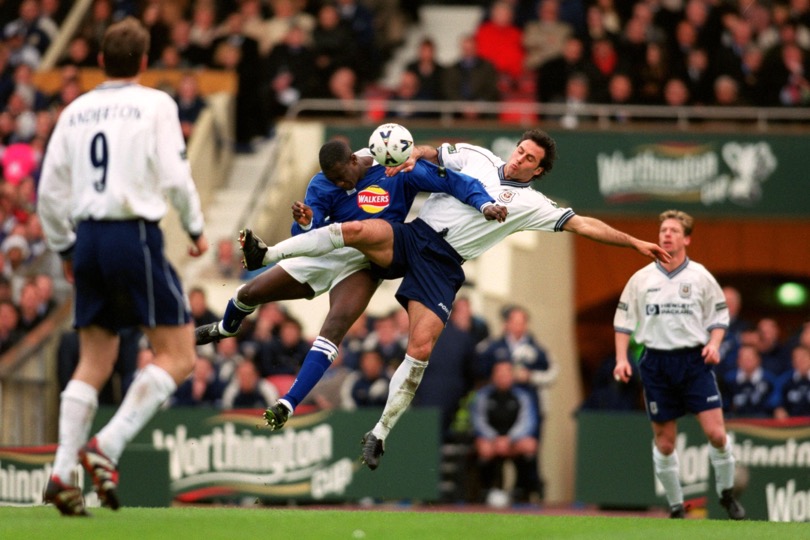
He left the club permanently in 2001, having been briefly loaned to Celtic, before moving to Watford and then ending his career in the French second division in 2003.
After football, he became an asset manager in the financial industry and, according to a Daily Mail article from 2015, had surpassed his earnings from sport. He continues to pop up in unlikely places, too: there were was a vague suggestion in 2009 that he was interested in buying a controlling stake in Portsmouth and, six years later in 2015, he briefly threatened to run for the FIFA presidency.
Justin Edinburgh (left-back)
Ah, Robbie Savage. Yes, next time he launches into one of his “honest ex-pro” diatribes, remember this game and remember Edinburgh. The Spurs full-back was sent off with almost half an hour left to play when, following a clumsy Savage tackle, he aimed at light slap at the back of the midfielder’s head.
Savage theatrically held his head in mock agony, referee Terry Heilbron flashed his red card, and Edinburgh became the last player to be sent off at the original Wembley.
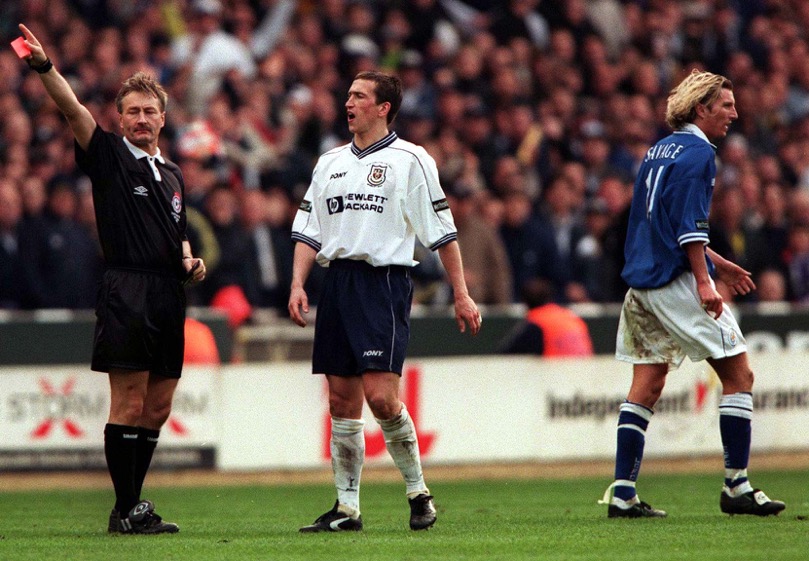
After leaving the club in 2000, the defender actually played on into his late 30s, at Portsmouth for three years before dropping into non-league.
Since retirement he’s built a steady management CV. Having led Newport County into the Football League in 2013, he moved to Gillingham in early 2015 and, after getting the sack this January, was appointed manager of Northampton Town. A bad start to 2017/18 meant he was binned early as early as August 31, though.
Darren Anderton (winger)
The inconvenient truth about that 1999 final was that it was a dreadful game of football. It was slow, nervous and, really, none of the creative players on either side left an impression.
So instead, let’s use this space to attack the great Anderton myth: yes, he was quite fragile in the late 1990s, but that the “sicknote” tag endures is wholly unjust. Only in three seasons during his entire career did he fail to take part in 20 games or more. Mildly disappointing? Sure. But not a severe enough injury record to justify a reputation which has, unfortunately, eclipsed just what a good player he was.
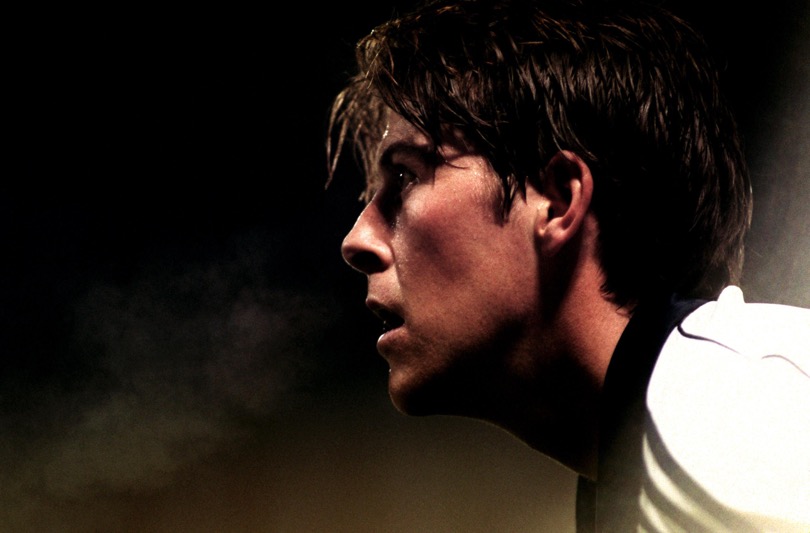
His excellent set-piece delivery and elegant stride remained at Tottenham until 2004 and he retired in 2009 after spells at Birmingham, Wolves and a romantic return to Bournemouth. And, crucially, having played nearly 500 games in all competitions. Yes, Eileen Drewery - chortle, chortle - but Anderton was a fabulous players who deserves to be remembered more generously.
Steffen Freund (central midfielder)
No, he never did score, but Freund was dearly loved among Tottenham fans. Gritty and grizzly, he was exactly the sort of whole-hearted player the club needed at that point in their history.
Leicester didn’t ever really capitalise on their numerical advantage during the last 30 minutes of the game and Freund was certainly part of the reason why; he also tried to get Savage sent off shortly after Edinburgh’s dismissal, employing some righteous melodrama in a bid to even the numbers.
After his retirement, he enjoyed a successful coaching career, both for various German international age group teams and, in 2012, as Andre Villas-Boas’s assistant manager back at Tottenham. He left frontline coaching shortly after Mauricio Pochettino’s appointment at Spurs and is now a regular Bundesliga pundit.
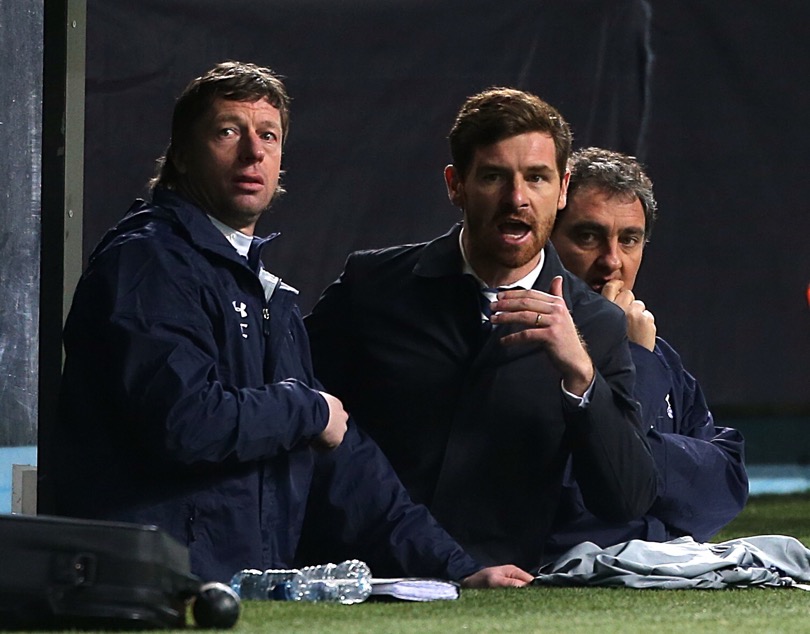
Allan Nielsen (central midfielder)
The man of the match from Wembley and 90th-minute match winner.
Nielsen was not a George Graham signing (he was brought to the club by Gerry Francis in 1996) and that would eventually count against him, with Graham moving the Dane away from White Hart Lane at the first available opportunity. Nielsen was a far better player than he was generally assumed to be - although perhaps not “complete” by today’s standards - and he brought a welcome blend of destruction and creativity to Tottenham’s midfield.
Fittingly, his Wembley goal was an emblem for what he was: look at the time on the clock, notice how much distance he covered to be in the right place at the right time. He was the only Spurs player who kept pace with Steffen Iversen.
He was gone less than a year later, though, initially loaned to Wolves in early 2000 before being sold to Graham Taylor’s Watford that summer. After three years at Vicarage Road, he returned to Denmark to begin an ultimately unsuccessful move into coaching. Currently, he works as an international business coach and mentor at Viborg Sports College.
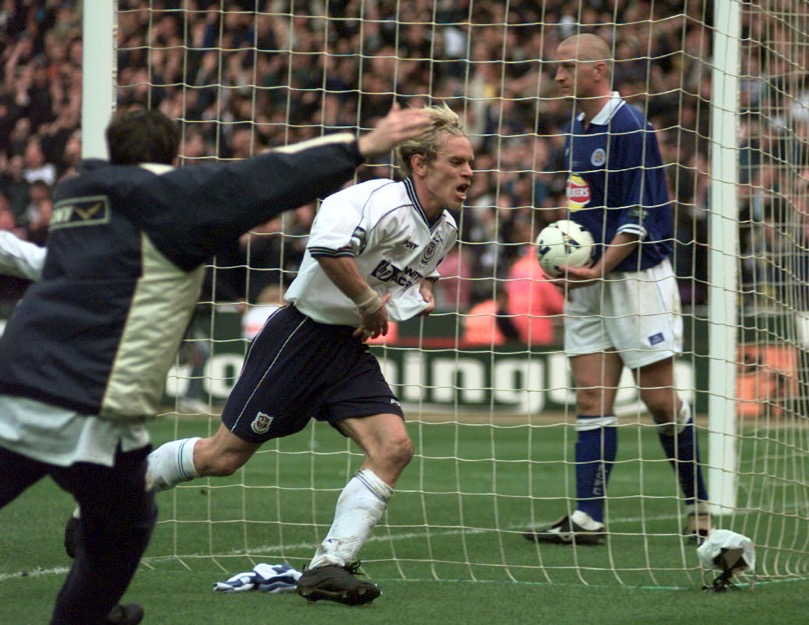
David Ginola (winger)
This was not the game for Ginola. Martin O’Neill and Leicester were very much aware that he was the source of Tottenham’s flair and, on a notoriously slow Wembley pitch, he spent the afternoon being doubled and rough-housed by an obdurate opposing defence.
Younger fans won’t remember just how bleak a place White Hart Lane was in the late 1990s and how brightly Ginola shone in the darkness. Though largely still associated with his incendiary seasons at Newcastle, he remains adored in north London; a player perfectly befitting the club’s perception of itself. He was voted PFA Player of the Year at the end of the 1998/99 season and, after spells at Aston Villa and Everton, retired in 2002.
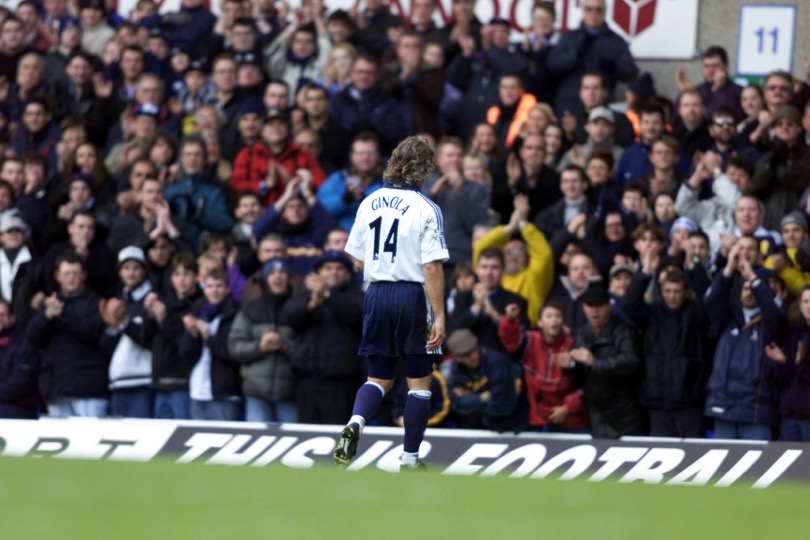
Curious lunges into football governance aside, he has remained a visible television personality and celebrity in both Britain and his native France.
Twelve months ago, he collapsed during a charity football match after suffering a cardiac arrest, prompting an emergency quadruple heart bypass. Thankfully, he has made a full recovery and, understandably, was a hugely popular guest at White Hart Lane’s finale.
Les Ferdinand (forward)
Another one lost to the Wembley dross: Ferdinand wasn't really a factor in the final and, really, arrived too late in his career for Spurs supporters to ever see his best. By the standards he’d set at Newcastle (who were admittedly a far superior side), his six seasons at White Hart Lane - during which he would reach double figures just once and managed more than five goals twice - were extremely underwhelming.
His late career was nomadic and he spent single seasons at West Ham, Bolton, Leicester, Reading and Watford before retiring just short of his 40th birthday.
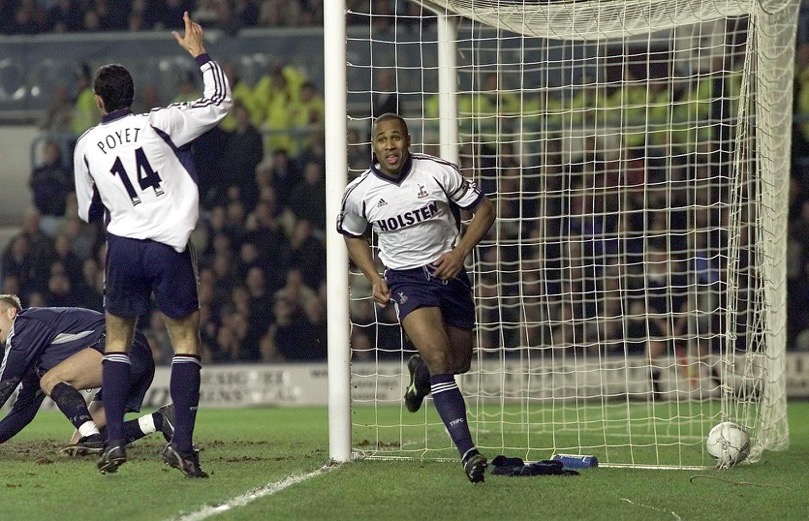
During Harry Redknapp’s time at the club, he returned to Tottenham in a coaching capacity and played a minor role in Tottenham's initial ascension into the Champions League. Having left by mutual agreement after the Great Sherwood Purge of 2014, he is now the director of football at QPR.
Steffen Iversen (forward)
Iversen was never a prolific scorer in England, but the League Cup final fleetingly showed what he could do. On the day itself, he was actually the team's most visible attacking threat: a first-half header was well saved by Kasey Keller and he dragged a firm shot just wide in the second. But his surge down the right of the Leicester box in stoppage-time created the winning goal: Iversen wasn’t refined and he could look very clumsy, but there was an admirable honesty and grind to his forward play. And he did the score the goal which took Spurs to Wembley that year (in the 1-0 aggregate win over Wimbledon).
That he was billed as a credible replacement for Jurgen Klinsmann probably didn’t help him initially, and he was never quite able to shake the crowd’s distrust. The wrong player at the wrong time, that was a battle he was always likely to lose. He wasn't Klinsmann by any stretch of the imagination and neither was he ever equipped to fill Teddy Sheringham's boots after the forward left for Manchester United in 1997.
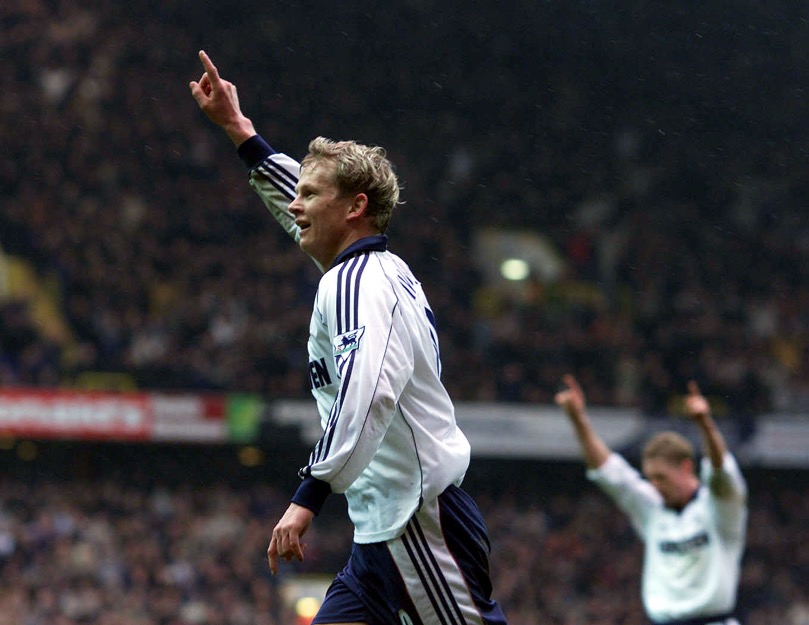
The most successful years of his career came in Norway: he lifted five Tippeligaen trophies either side of his time at Spurs and, after he had left Tottenham and returned home - via two seasons with Wolves and Valerenga - won the Norwegian Player of the Year award after his first season back at Rosenborg (2006).
He returned to England once more, for an infinitely forgettable year-long stint with Crystal Palace, before retiring as a Rosenborg player in 2012.
George Graham (manager)
For a time, it looked as if the League Cup win, which came less than a year after Graham's arrival, would be the start of something. It wasn't to be: instead, he became the first manager to be sacked by ENIC, a month after their takeover of the club had been completed.
There were two major problems with Graham: the Arsenal connection, of course, but also his defence-first approach. The existence of a native style may be one of those illusory qualities which only matters to the fans, but Graham's mechanical tactics and slow football were so ideologically opposed to the traditional Tottenham hallmarks that he was never likely to be anything more than tolerated at White Hart Lane. He also sold David Ginola which, under the circumstances, was always going to be difficult to forgive.
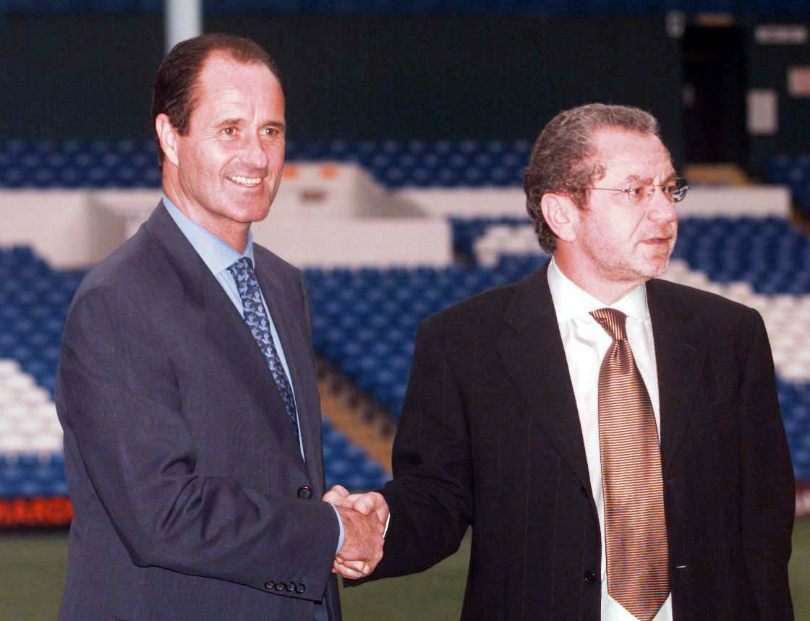
Tottenham was his last job in management and, after sporadic punditry appearances and the occasional link to vacant positions, he drifted quietly into retirement.
Seb Stafford-Bloor is a football writer at Tifo Football and member of the Football Writers' Association. He was formerly a regularly columnist for the FourFourTwo website, covering all aspects of the game, including tactical analysis, reaction pieces, longer-term trends and critiquing the increasingly shady business of football's financial side and authorities' decision-making.
